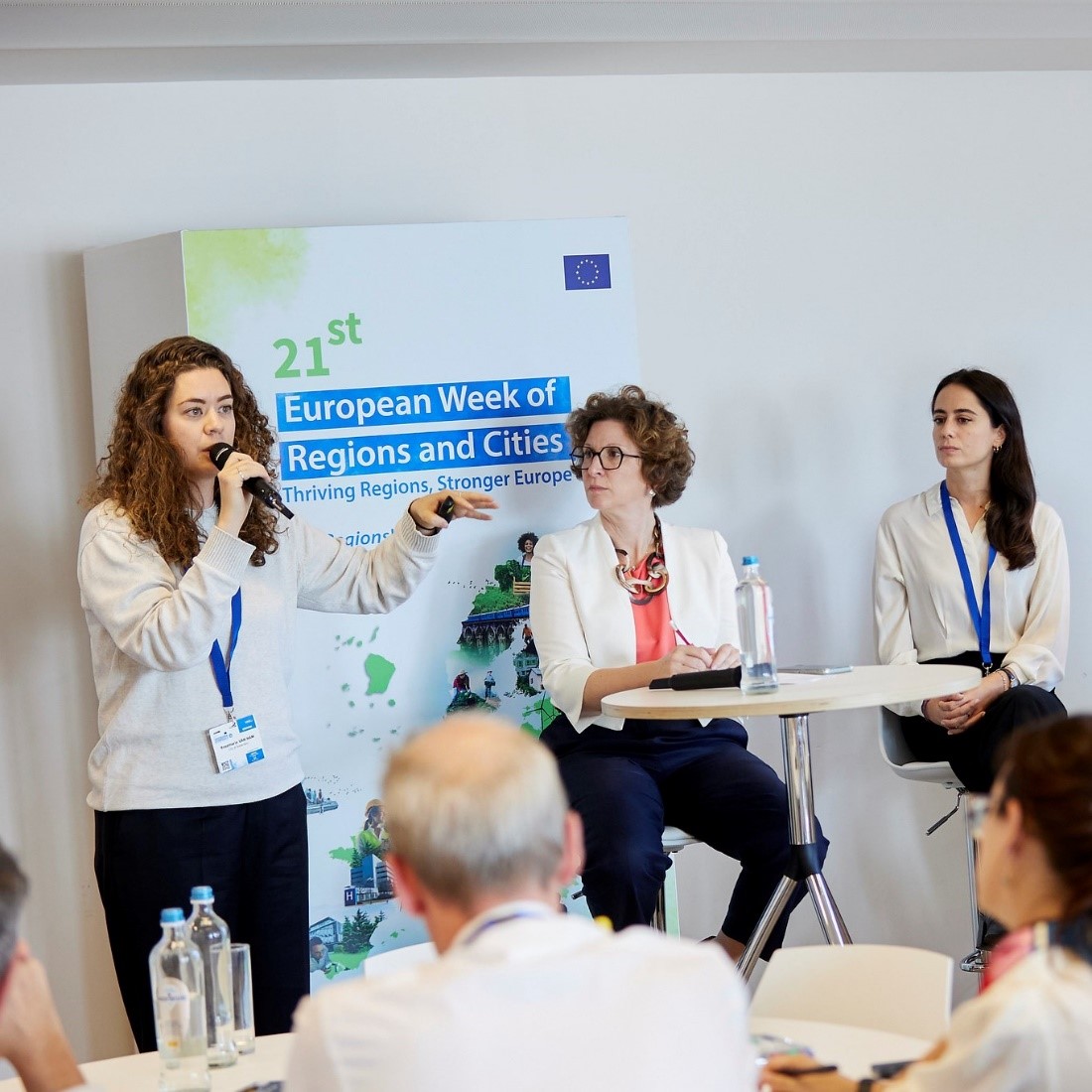A fairer future for European cities: navigating urban inequalities and vulnerabilities

date: 14/11/2023
In particular, Rosemarie van Ham and Michelle ter Haar (City of Rotterdam) spoke about the Inclusive Climate Action Rotterdam (ICAR), presenting the topic of inequality from the climate perspective. Subsequently, Xavier Timbeau (Sciences Po) presented a case study on inequalities resulting from urban sprawl in the city of La Rochelle. JRC’s Ricardo Barranco addressed the housing topic, focusing on how the amount of available services has changed in the city of Milan (Italy) in the period 2014-2023. He also looked at the population's socio-economic conditions and the potential main factors driving those changes. Finally, Silvia Iodice (JRC) focused on a specific aspect of urban inequalities and vulnerabilities, related to the homeless population, presenting the main results from a recent report.
After the panel, a lively and productive Q&A session furthered the discussions on current trends and challenges to be addressed by urban administrators and policymakers, as well as possible policy interventions to promote cities that leave no one behind. Another key subject that emerged during the session was the importance of facilitating the data collection process and fostering data harmonisation through European cities, in order to design policies that are adapted to the specificities of the local context.
JRC organised this session in partnership with the DG REGIO and the Paris Institute of Political Studies (Sciences Po), as part of the project "Urban Futures".
